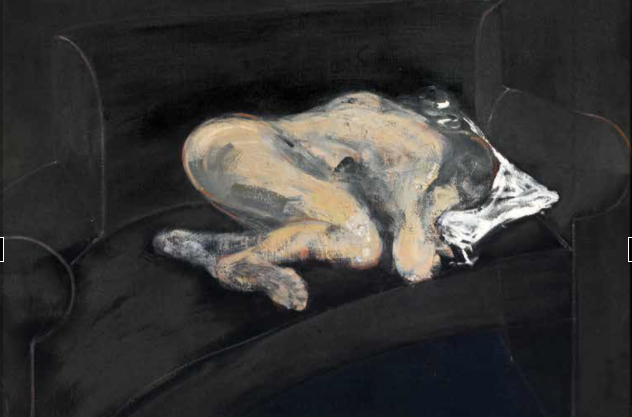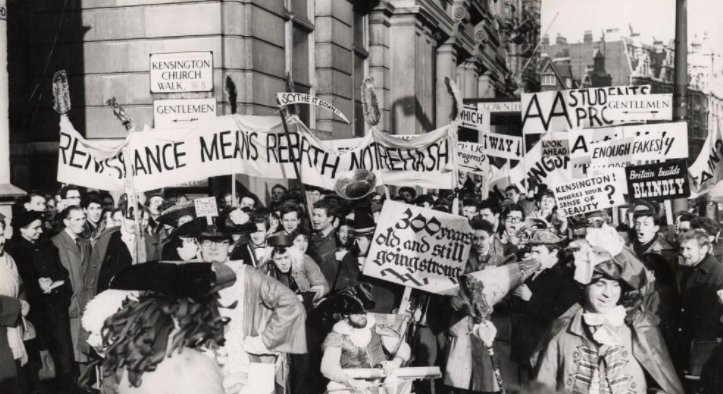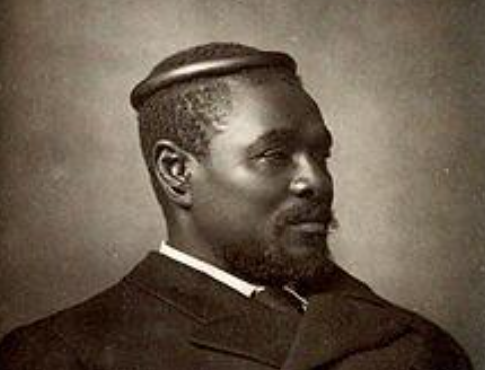The Future of AI in Hollywood: Tool for Realism or Threat to Creativity?

AI in Hollywood is rapidly changing the landscape of filmmaking, offering unprecedented visual realism but also raising questions about authenticity and the role of human creativity. From de-aging actors to digitally resurrecting past stars, AI technology is both a tool of innovation and a potential disruptor in the industry.
The Role of AI in Hollywood Today
AI has gradually embedded itself in Hollywood, evolving from a tool used for visual effects to a full-fledged disruptor. With AI, artists can now recreate famous actors’ faces, de-age them, or even bring them back long after they’ve left the world, offering a unique way to tell stories. Films like Here, starring Tom Hanks and directed by Robert Zemeckis, illustrate how AI enables actors to portray characters at different ages, seamlessly blending old footage with new performances.
“You couldn’t have made this movie three years ago,” Zemeckis told EyeOnLondon. With AI, he and Hanks could capture multiple stages of a character’s life without relying on elaborate makeup or casting multiple actors. The technology allows scenes to be filmed with real-time age filters, giving actors a chance to adjust their performances. Zemeckis adds, “The illusion only works because my actors are using the tool just like they use their wardrobe.”
Yet, there is a growing concern that this evolution could lead to unintended consequences. As one writer-director put it, “It’s completely insincere, dishonest filmmaking. It’s a lie.”
Related Articles on AI and Technology
Artificial Intelligence Set to Bring Billions by 2030
AI as a Double-Edged Sword for Filmmakers
AI tools like those created by Metaphysic offer speed, cost-effectiveness, and new creative possibilities. But for many, the allure of AI is tempered by its potential to replace human artistry. For instance, AI can significantly reduce the need for junior artists who might spend years working on intricate scenes frame by frame. While AI can create hyper-realistic visuals, it lacks the finesse and control that many directors demand.
AI can create entire scenes based on text prompts, but as Oded Granot, a visual effects artist, explains, “You write: ‘I want Spider-Man hanging from a building,’ and it generates it.” But what if the building looks slightly off or Spider-Man hangs in an unintended way? This is where AI falls short—its output is unpredictable, often missing the intentionality of human direction.
Directors Anthony and Joe Russo, known for their work on the Avengers films, have started experimenting with AI. “We’re not quite sure what’s going to work and what’s not going to work,” Anthony Russo said. He is certain, however, that AI will be a tool in their creative arsenal, allowing them to brainstorm and work faster than ever.
The Ethical Debate: Should AI Replace Human Performance?
Many actors and creators fear that AI could make them obsolete. Tom Hanks, who stars in Here, acknowledges this ethical dilemma. “They can go off and make movies starring me for the next 122 years if they want,” he says. The thought raises questions about the rights to a performer’s digital likeness and what happens to their legacy. Should AI-created performances continue long after an actor’s death?
Some creators believe that AI’s role in cinema is comparable to advancements in film stock or special effects. Hanks himself views AI as simply another tool. “It’s no different than having better film stock,” he notes. Yet, this perspective contrasts with actors who worry that AI-driven performances could overshadow their contributions or, worse, put an end to job opportunities in the industry.
As AI technology becomes increasingly accessible, some filmmakers like Billy Ray argue it compromises the soul of the craft. “It’s a lie,” he says of AI-recreated performances. To many, the use of AI feels as though Hollywood is giving up its commitment to authenticity, trading real, human-driven performances for shortcuts.
What the Future Holds for AI in Cinema
While AI’s impact on Hollywood remains to be seen, there is a consensus that this technology is here to stay. Filmmakers are adapting, and even actors like Hanks are coming to terms with their digital selves. However, the journey isn’t free from ethical and practical hurdles.
AI’s role in storytelling is still in its infancy. Filmmakers are exploring ways to integrate it without losing the core of what makes cinema captivating—human emotion. Lori McCreary, CEO of Revelations Entertainment, describes AI as a “disrupter” with the potential to overhaul the entire industry. “The difference here is that A.I. has the potential to disrupt many, many places in our pipeline,” she notes.
For now, AI can create captivating illusions, but it lacks the nuance and control needed for human storytelling. As director Robert Zemeckis states, “You still need the warmth of the human performance.” How far AI will go in the film industry depends not only on technological advances but also on ethical and regulatory decisions.
Final Thoughts: Embracing AI with Caution
The rise of AI in Hollywood is both thrilling and unnerving. While it brings exciting new tools for storytelling, it also challenges the value of human creativity in a world that increasingly seeks efficiency. Will AI be a friend or a foe to cinema as we know it? Only time will tell.
For more on the future of AI in the film industry and other transformative trends, visit EyeOnLondon for the latest insights and discussions.








